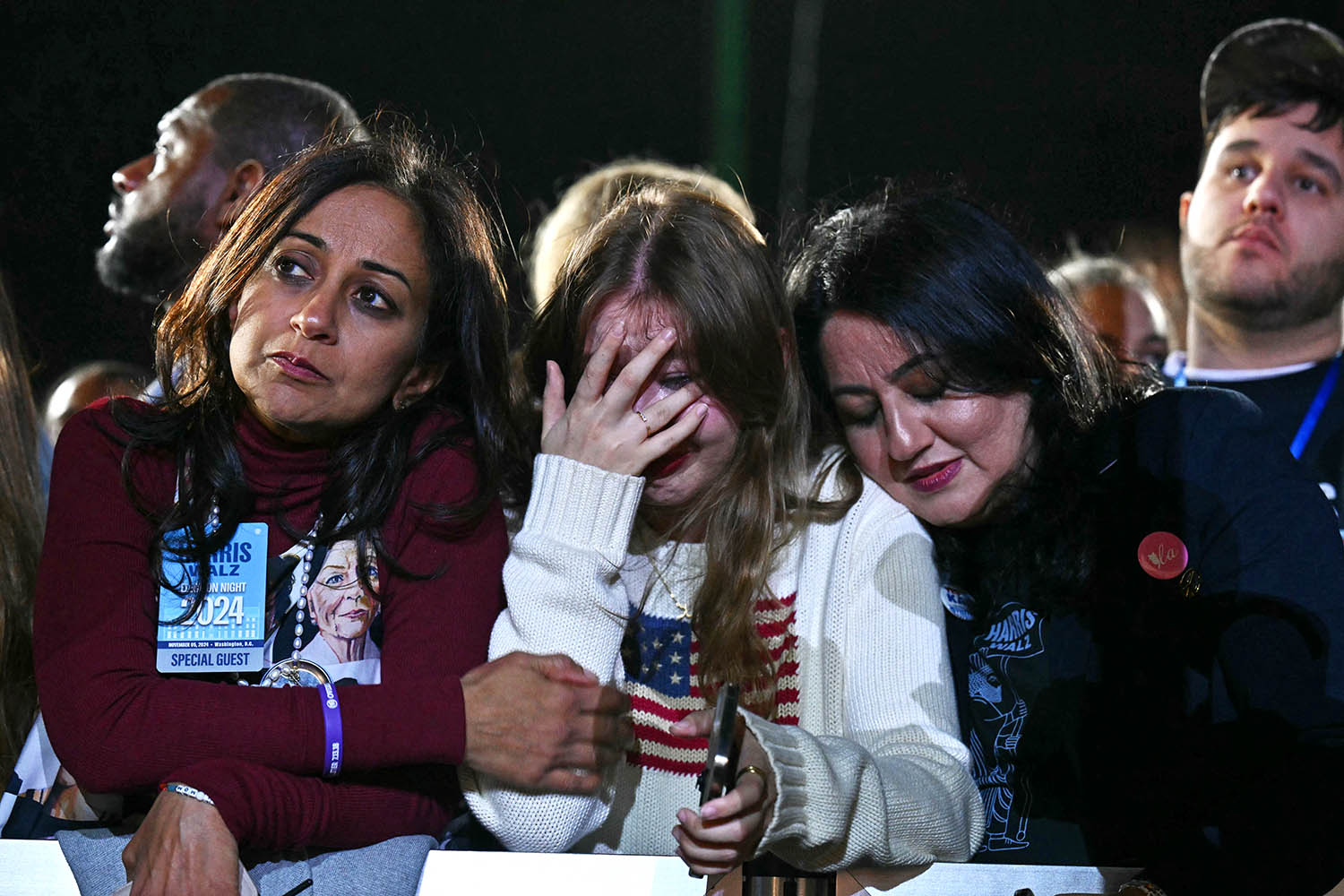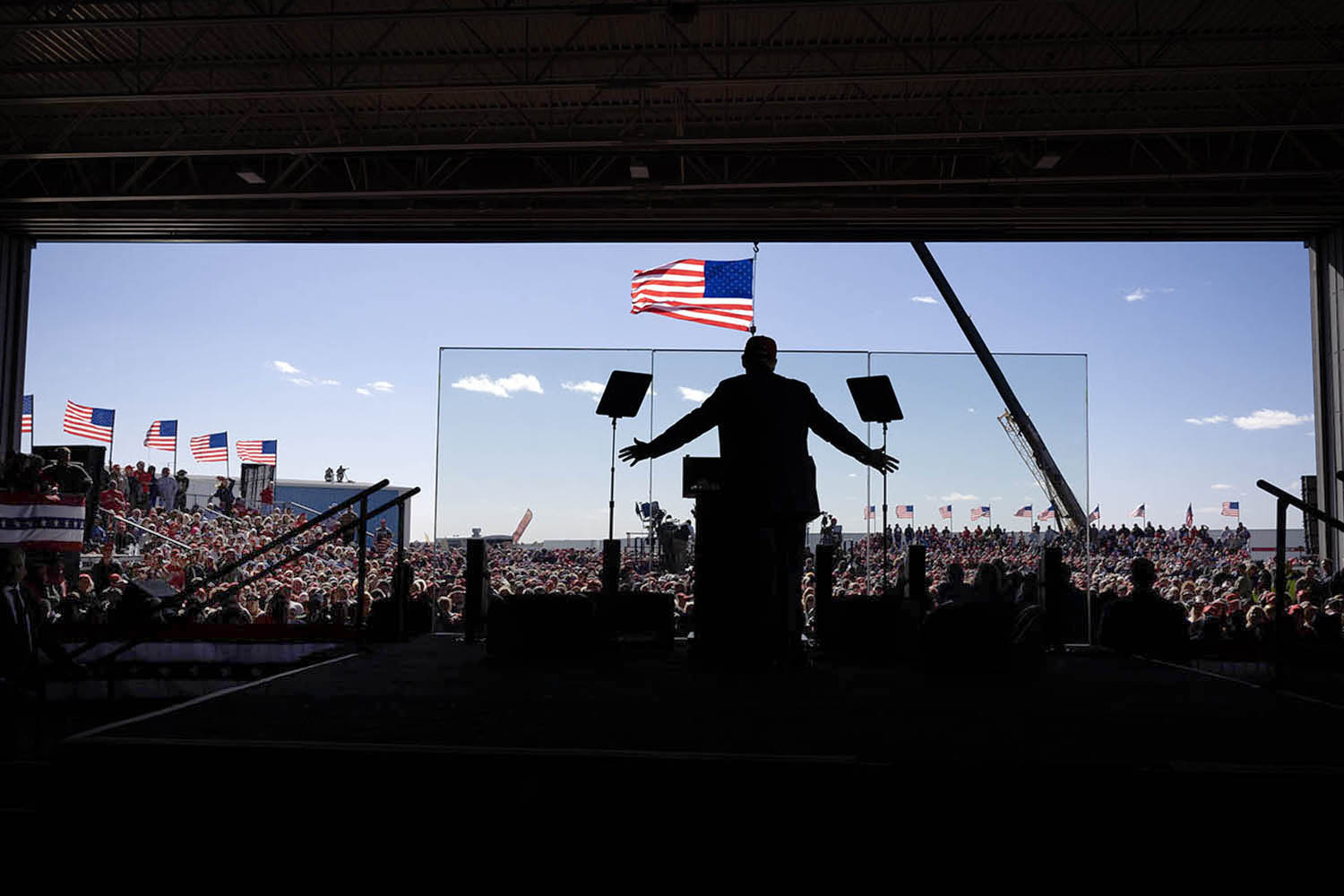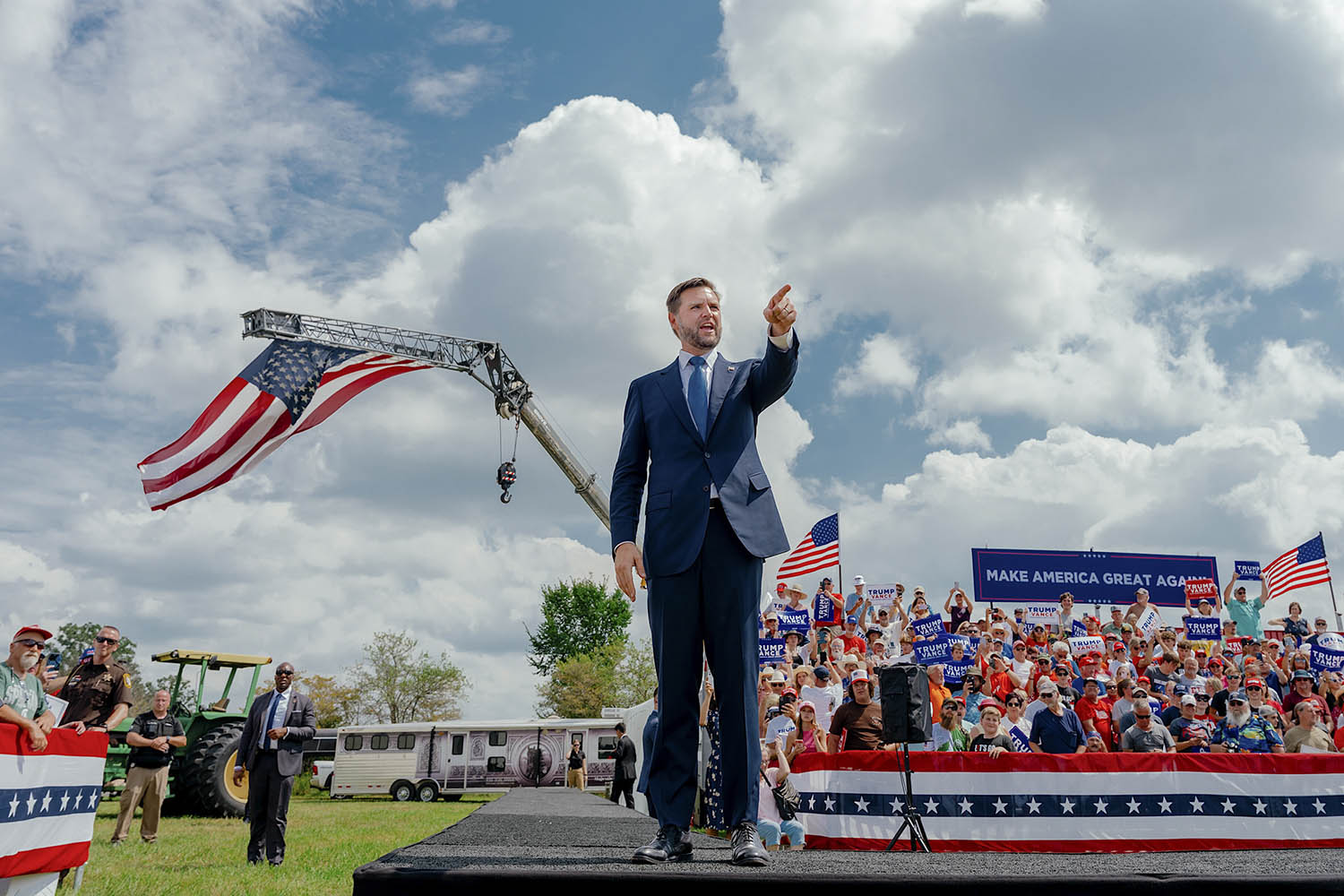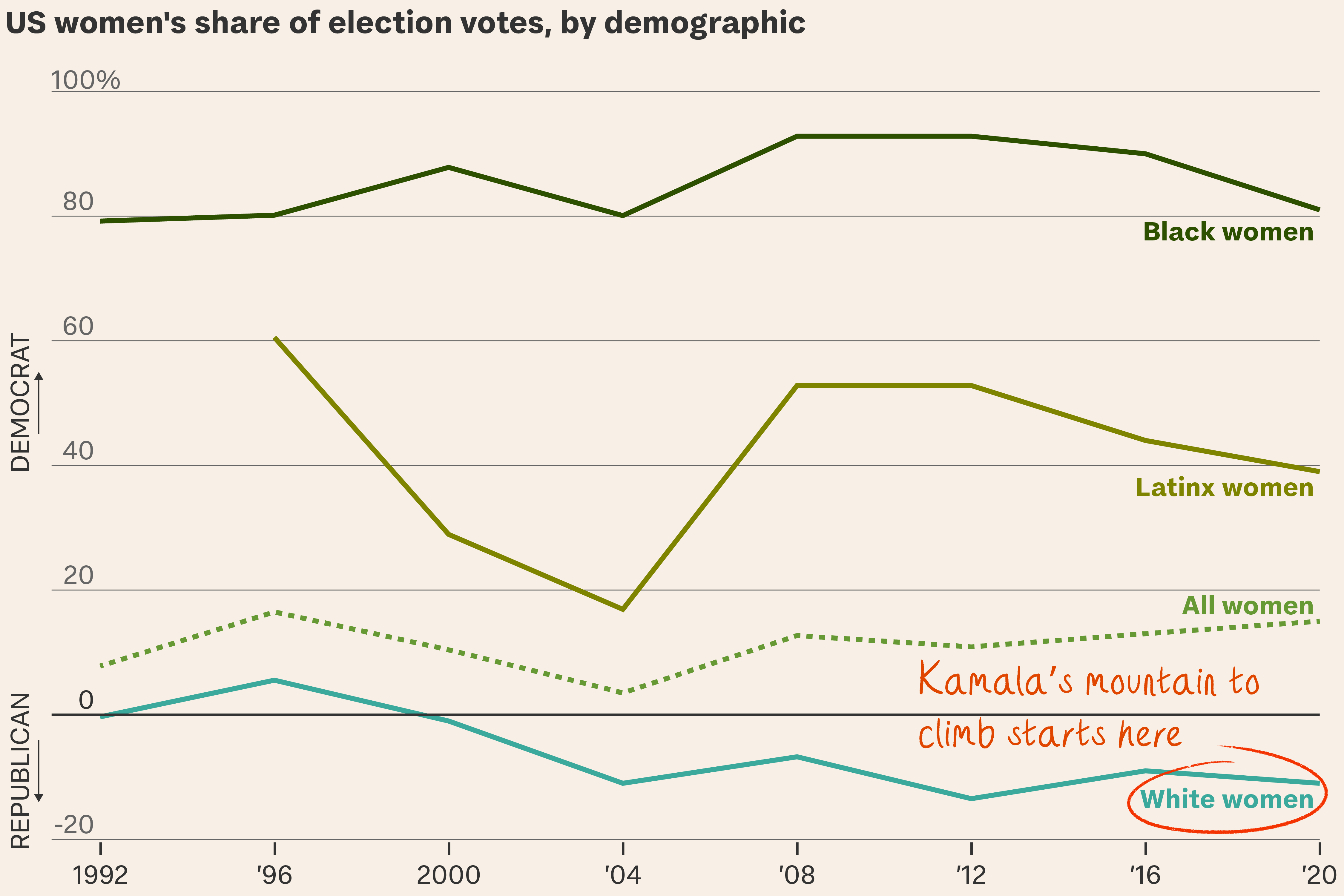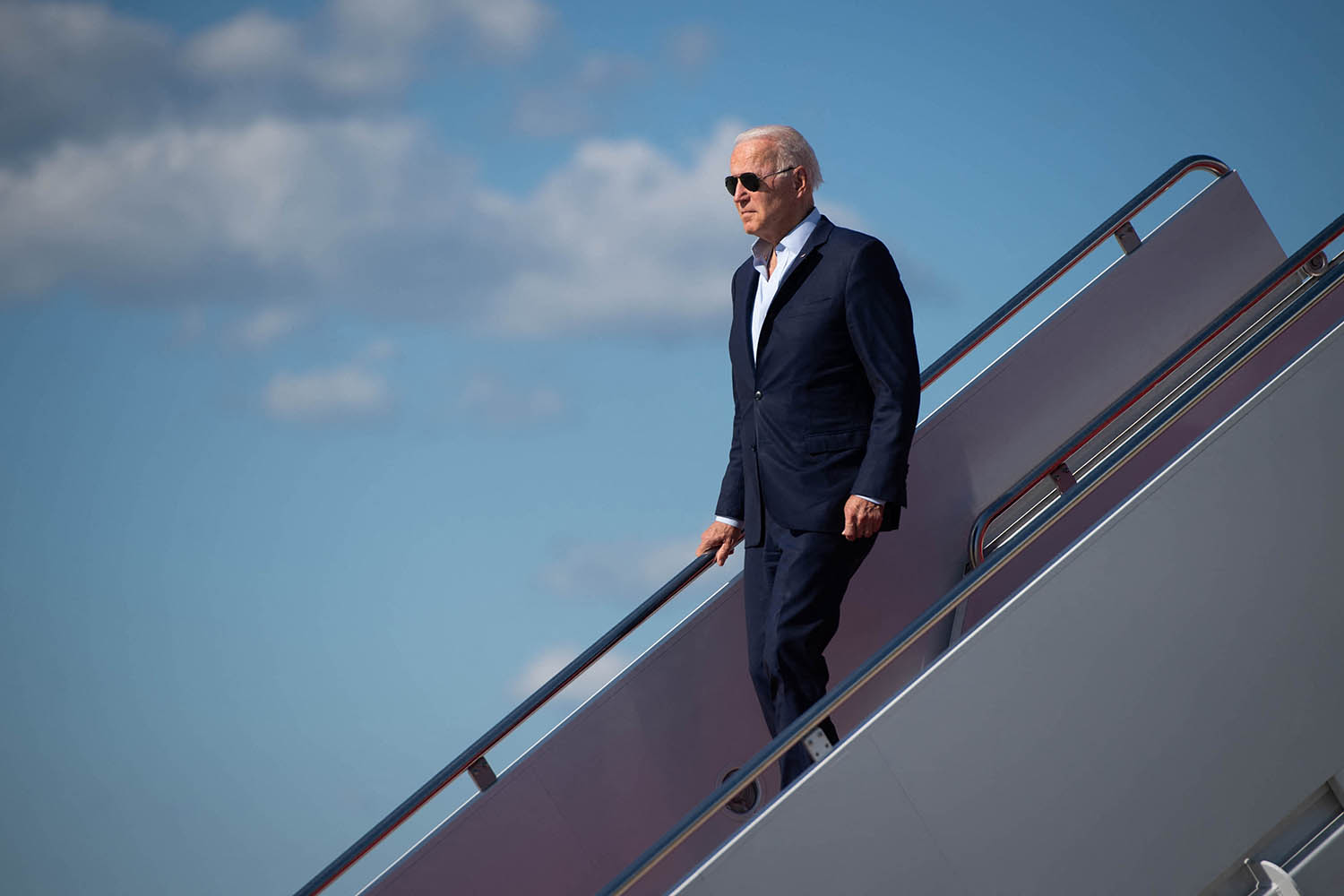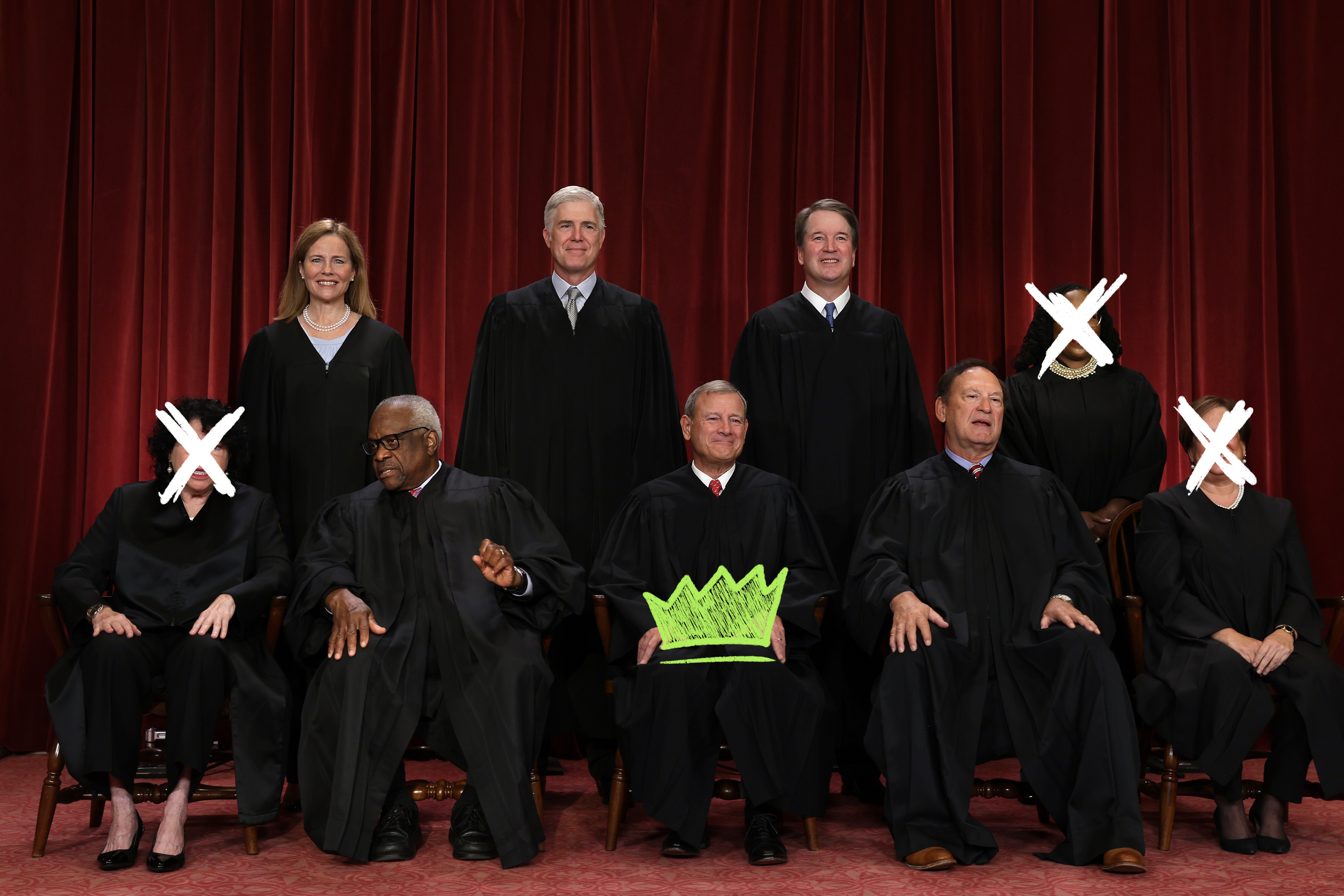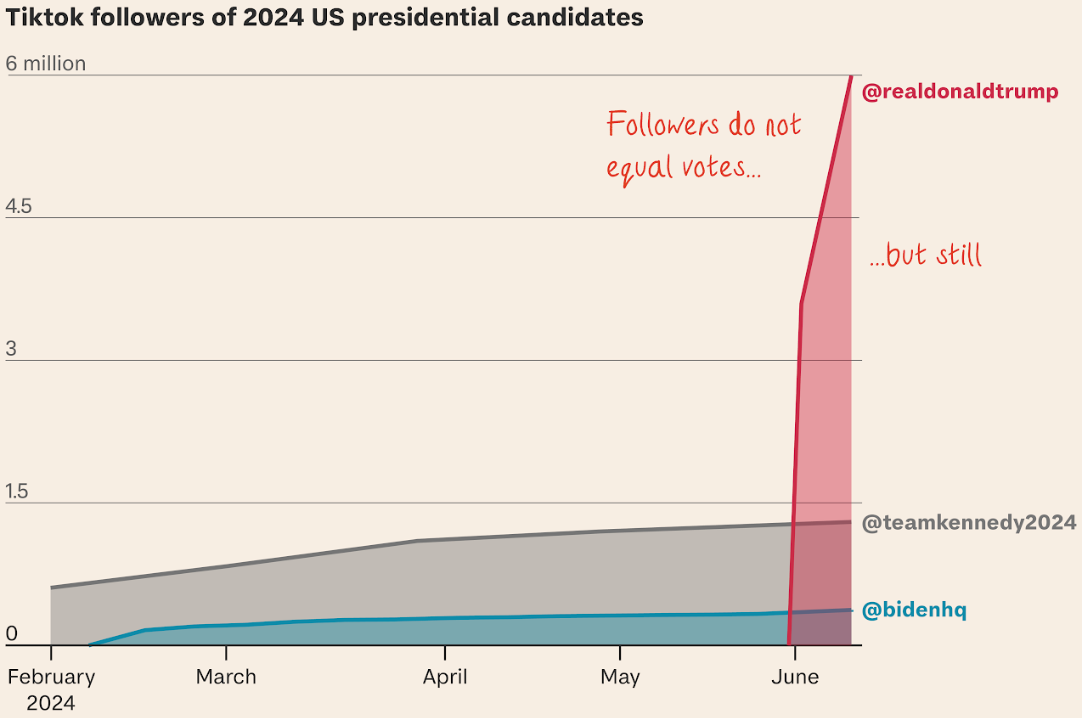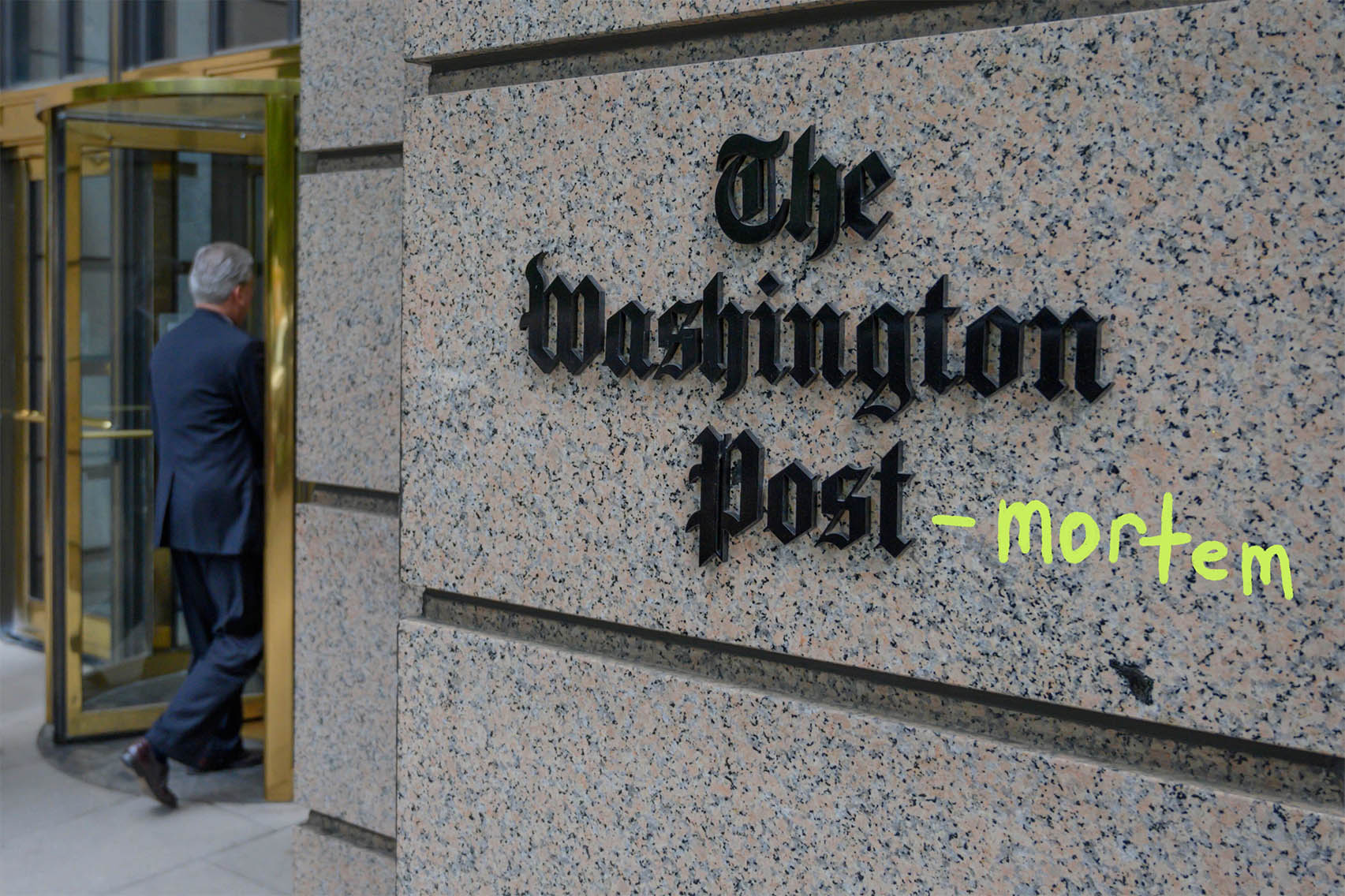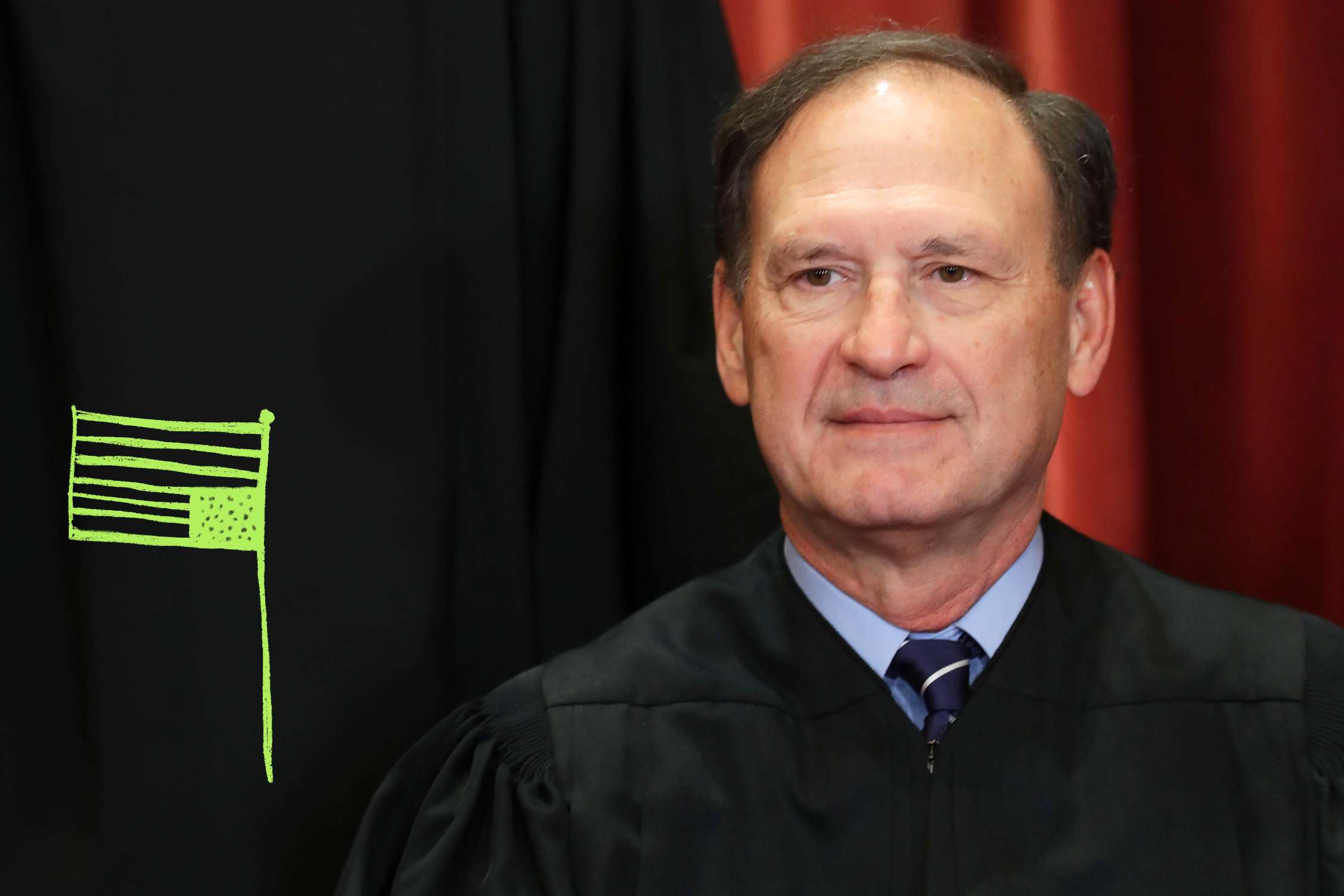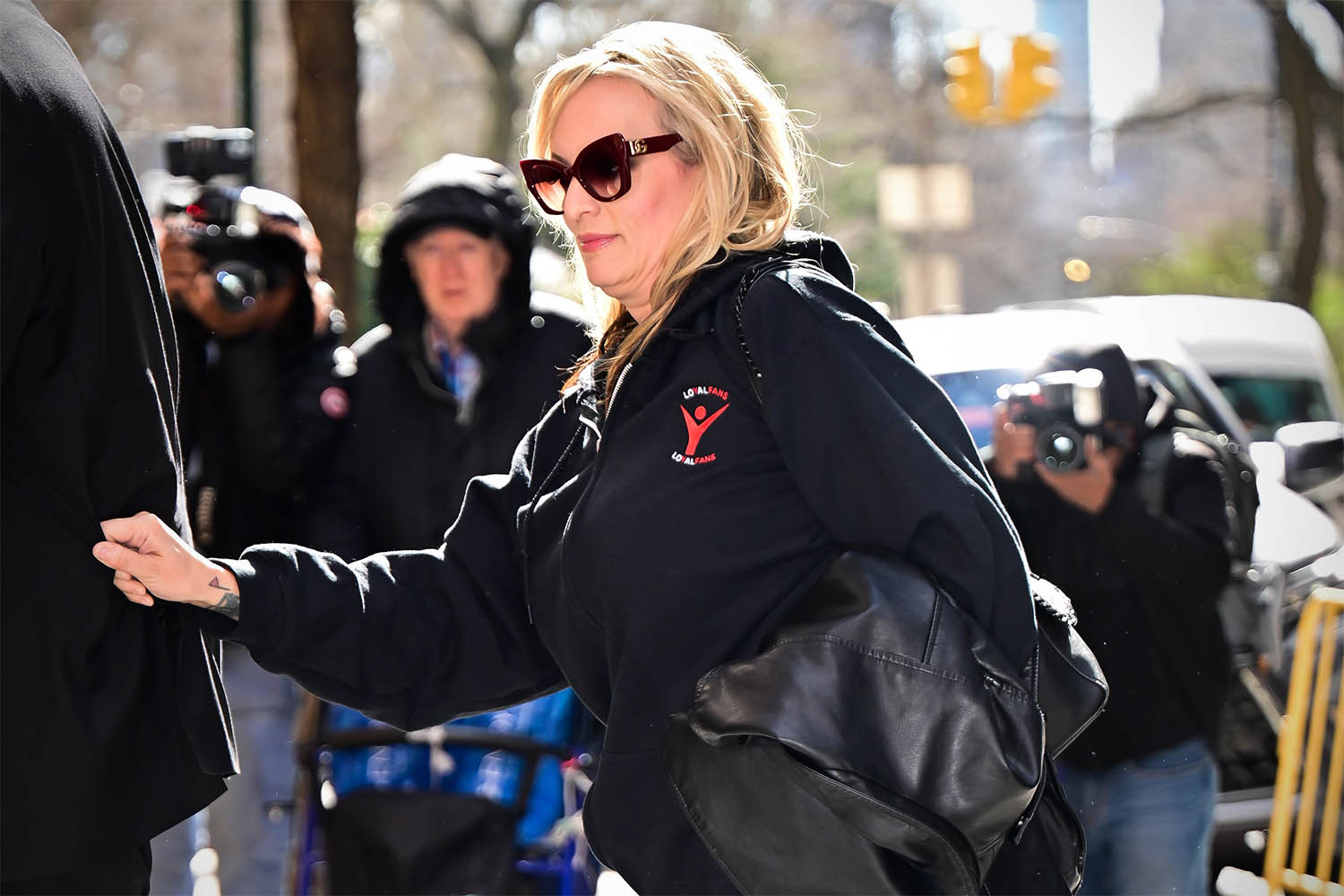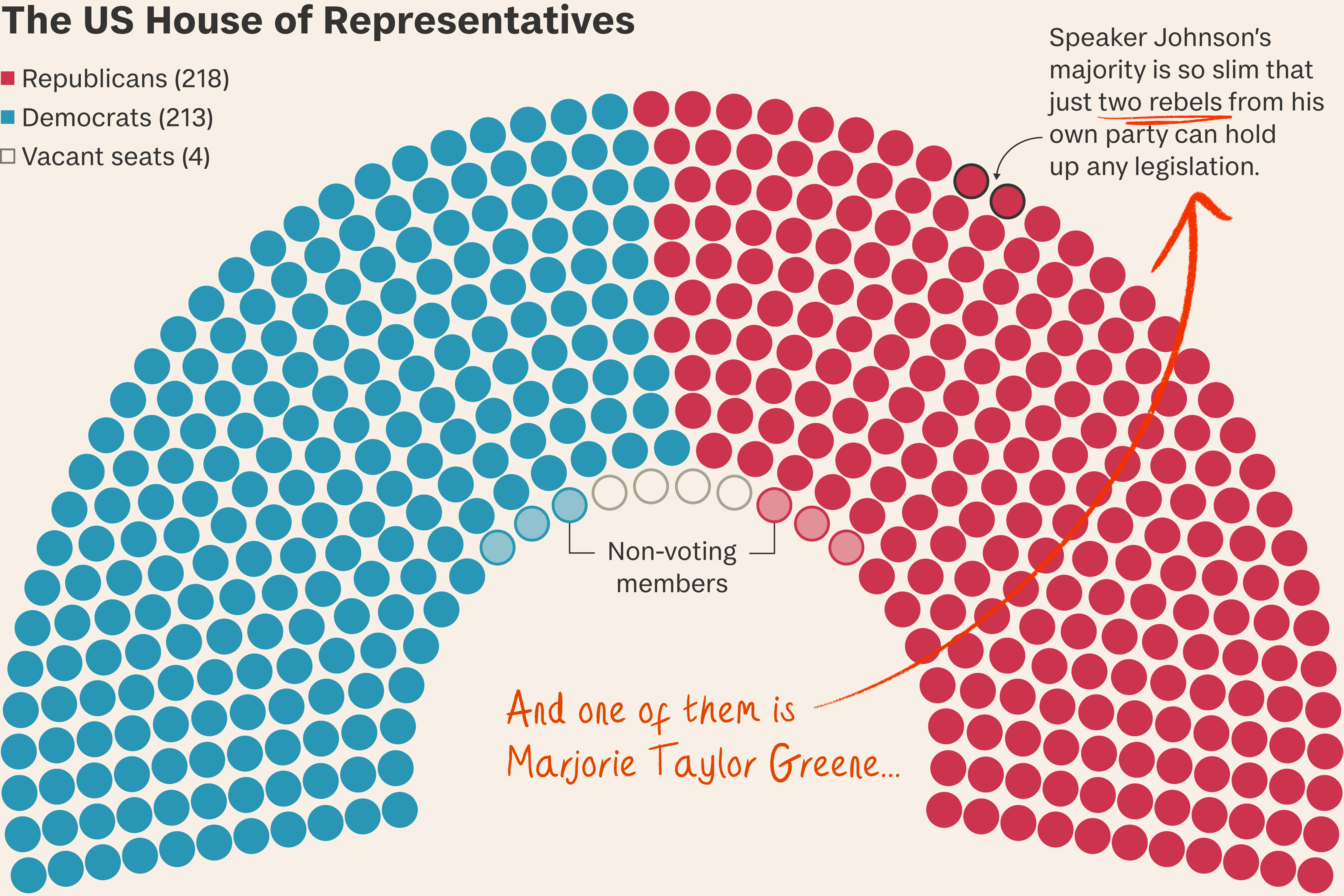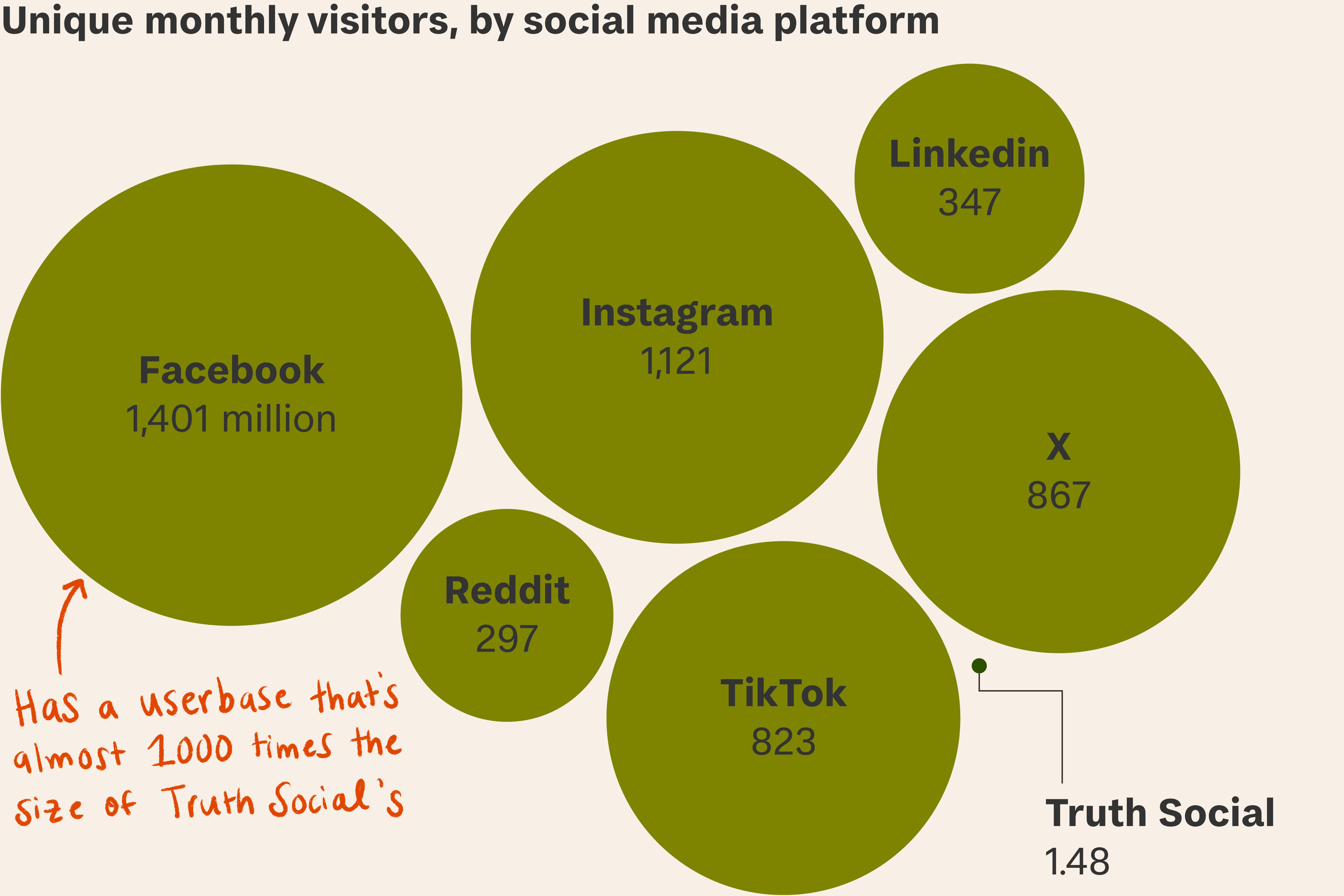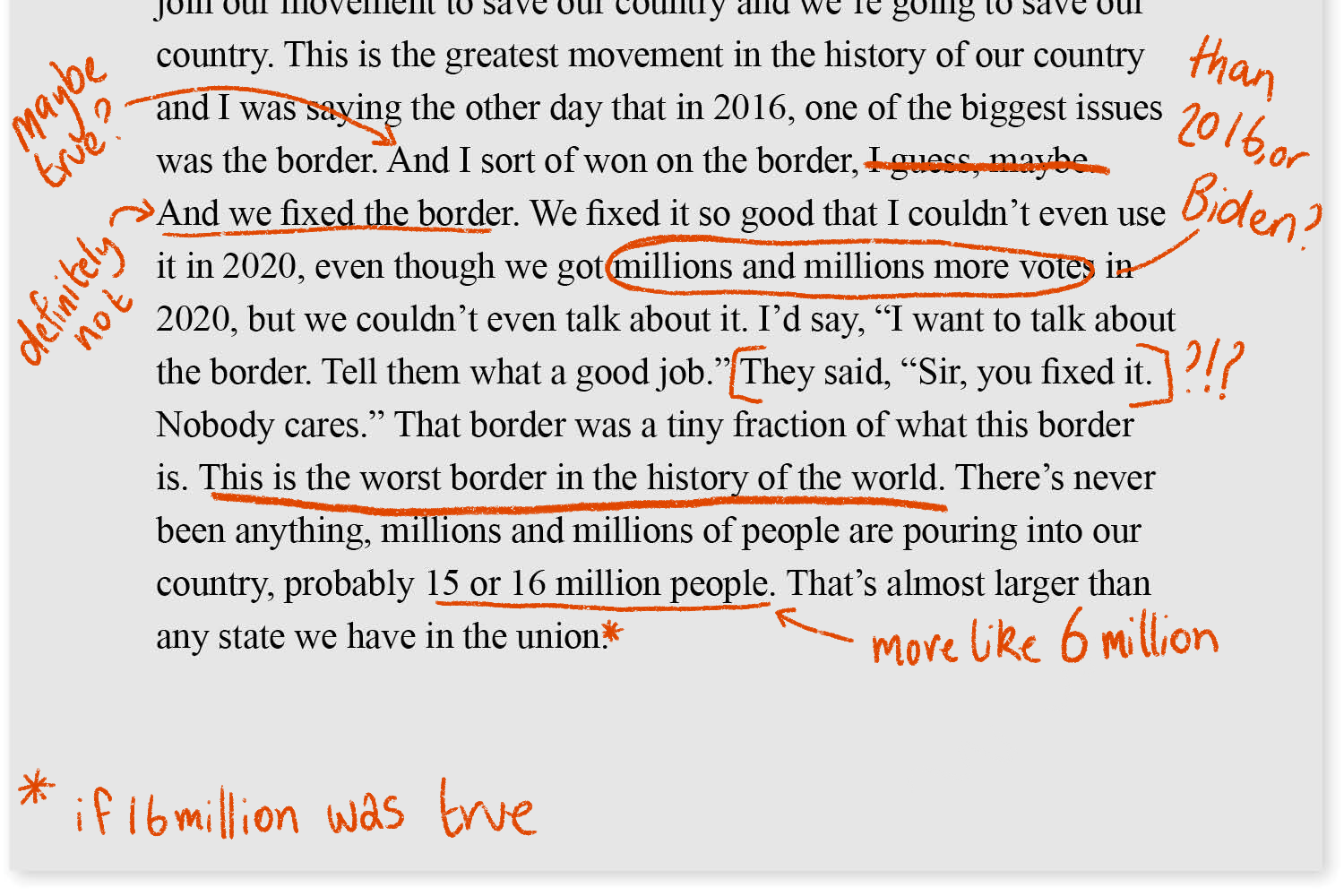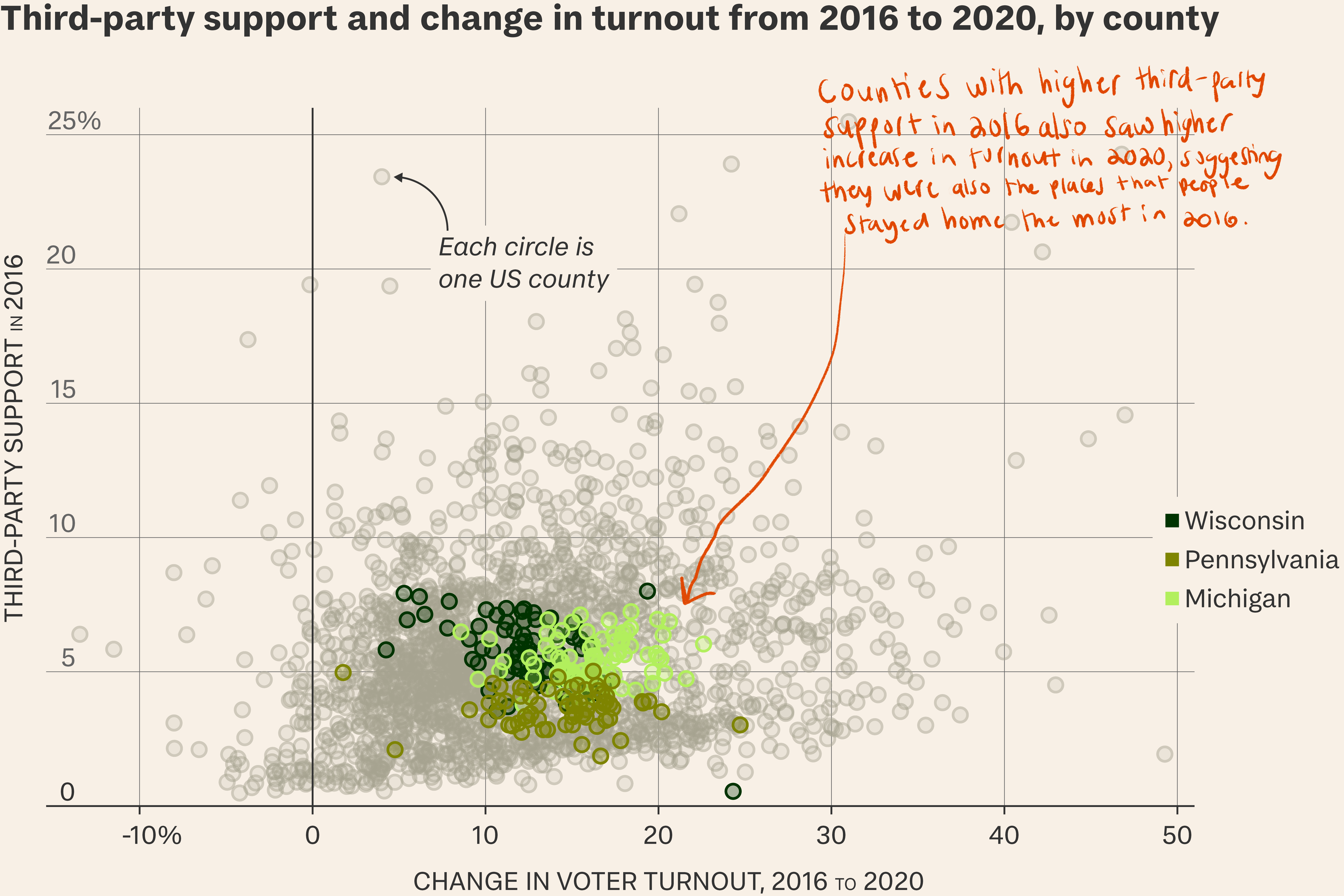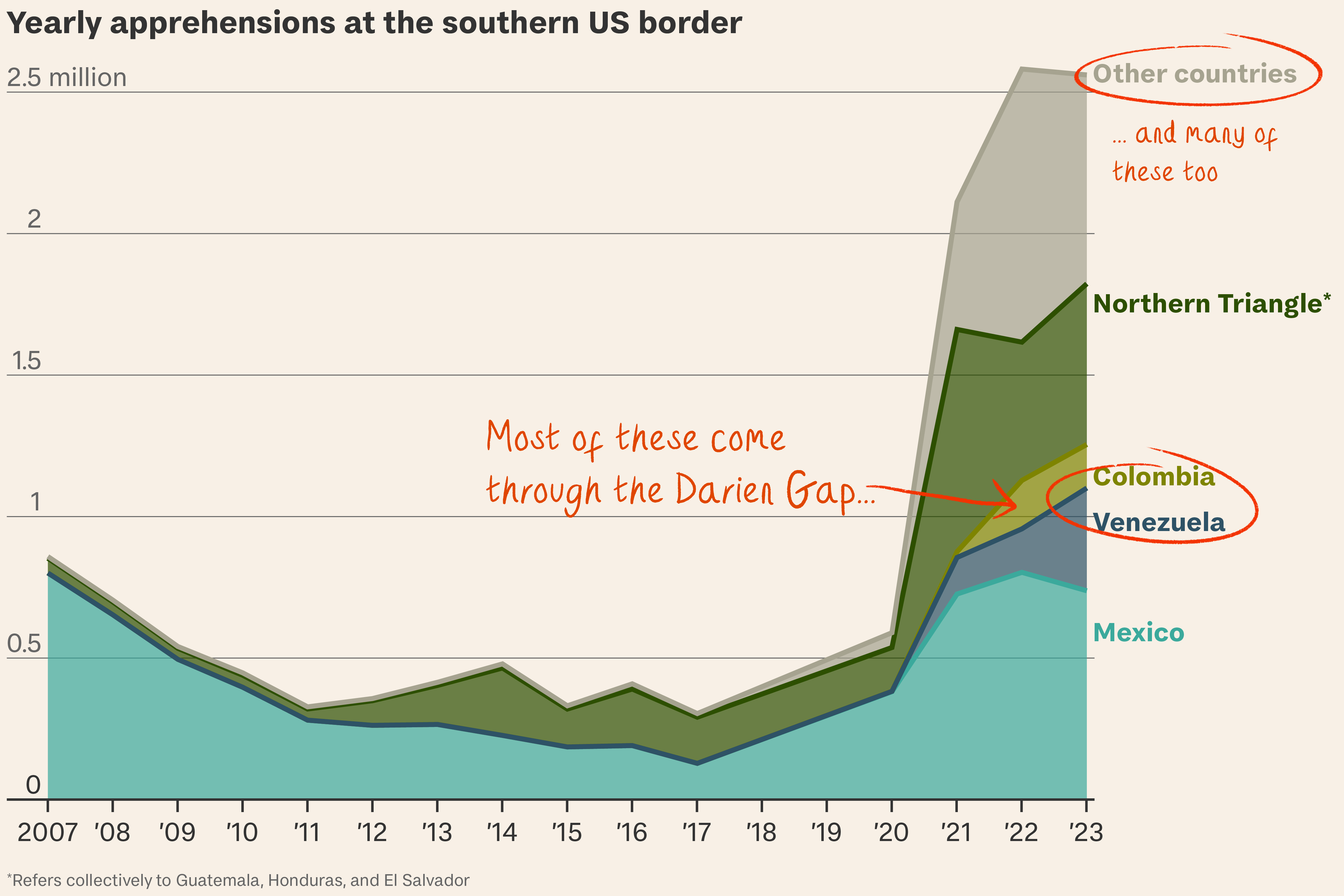
Closure of a key route to Central America will leave thousands stranded.
Panama’s president-elect has vowed to shut down the Darién Gap – a dangerous strip of jungle connecting Colombia and Panama – when he takes office in July.
So what? The Gap is now one of the most popular routes for migrants trying to reach the US from South America. President Biden has been pressuring Central American governments to adopt tighter migration control measures, hoping to reduce record arrivals at the southern border and appear as though he’s addressing the issue Americans care most about ahead of the November election.
By the numbers
- 147,000 migrants have already entered Panama through Darién this year (a record of 520,000 crossed in 2023, double the previous year, a fifth of them children).
- 3.1 million migrants have arrived in the US since Biden took office (excluding 1.7 million estimated to have entered illegally).
- 68 per cent of Americans disapprove of Biden’s handling of immigration.
Find the Gap. The Darién gap is a 60-mile long tropical forest with no roads, food or drinkable water, populated by dangerous wildlife and – increasingly – criminal gangs. But attempting to cross it has become the only option for many migrants trying to reach the southern US.
Since 2014, the annual number of migrants travelling through the Gap has increased more than 200-fold, triggered by:
- Mexico, Guatemala, Honduras and Panama (under pressure from the American government) imposing visa restrictions in an attempt to stop migrants flying into their countries before setting off for the US border;
- political and economic crises across South America causing people to flee countries like Venezuela, Ecuador, Haiti and Colombia;
- social media communication (and misinformation) on how to navigate the forest making the crossing appear more accessible than it is (it’s still nowhere near safe, with violence and sexual assault reportedly common); and
- the lifting of Covid restrictions and an attractive US economy leading to an increase in migrants from Africa and Asia – especially Chinese, Russian and Indian nationals – who fly to South America and attempt to reach the US on foot.
Mind the Gap. The American immigration system has been broken for decades, but because the political will to fix it has never been strong, widespread or bipartisan enough, it’s largely been used by both Democrats and Republicans as an issue with which to bash each other. But the current crisis is different in important ways:
- Numbers. The scale of migration has been unprecedented. During the height of the Obama administration’s so-called “unaccompanied minor crisis” in 2014, there were fewer than 1 million crossings at the southern border. In 2023, there were more than 2.5 million.
- Destinations. A higher than usual number of recent migrants have been making their way to large, mostly northern, Democratically-controlled cities like New York, Seattle and Denver. Although this is not entirely due to the Republican governors of Texas and Florida sending groups of new arrivals up north by bus and plane, it has strained resources in places like Chicago. Over the past year, the normal political dynamic has flipped – local and national Democratic politicians have been calling for the kind of migration policy and reform that have long been anathema to both the party’s mainstream and its progressive flank.
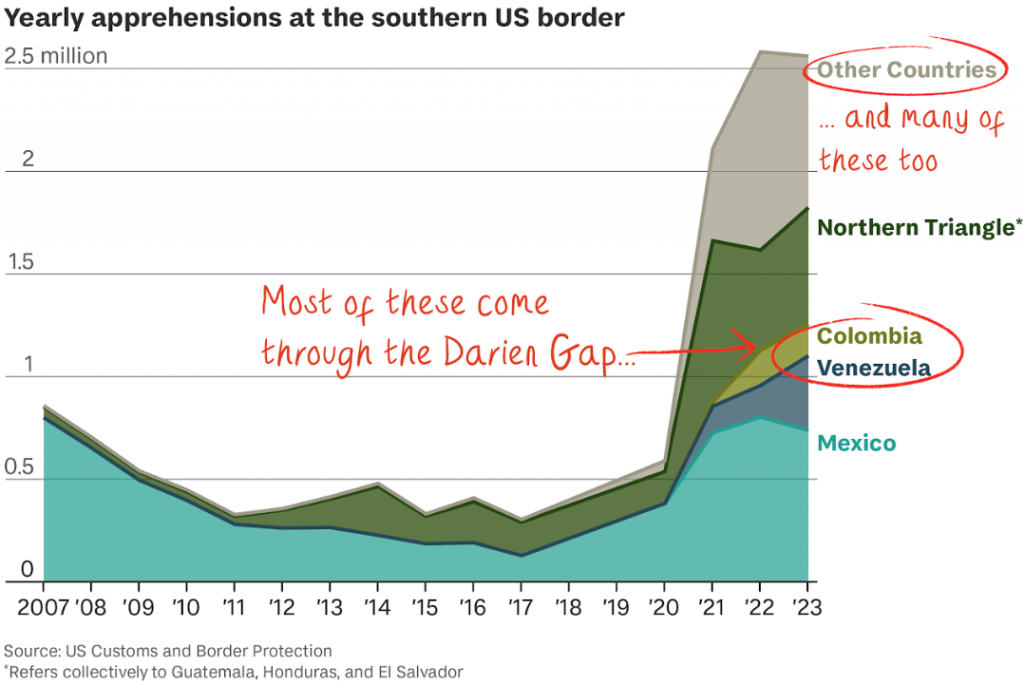
“It’s unlikely that any sort of migration reform is going to come out of Congress in the lead-up to elections,” says Colleen Putzel-Kavanaugh of the Migration Policy Institute’s US Immigration Policy Program. “Even though both parties agree that the immigration system is broken, keeping it broken is a political manoeuvre in and of itself.”
Bad news for Biden. Immigration has historically been an issue which American voters think Republicans are best suited to deal with. According to a Marist/NBC News poll from February, 41 per cent trust Republicans most on immigration while only 29 per cent trust Democrats most.
What’s more… (and even worse for Biden) immigration is now also the issue Americans care most about. In January it passed other leaders of Gallup’s list of issues like “government” and “the economy” for the first time since 2019.




